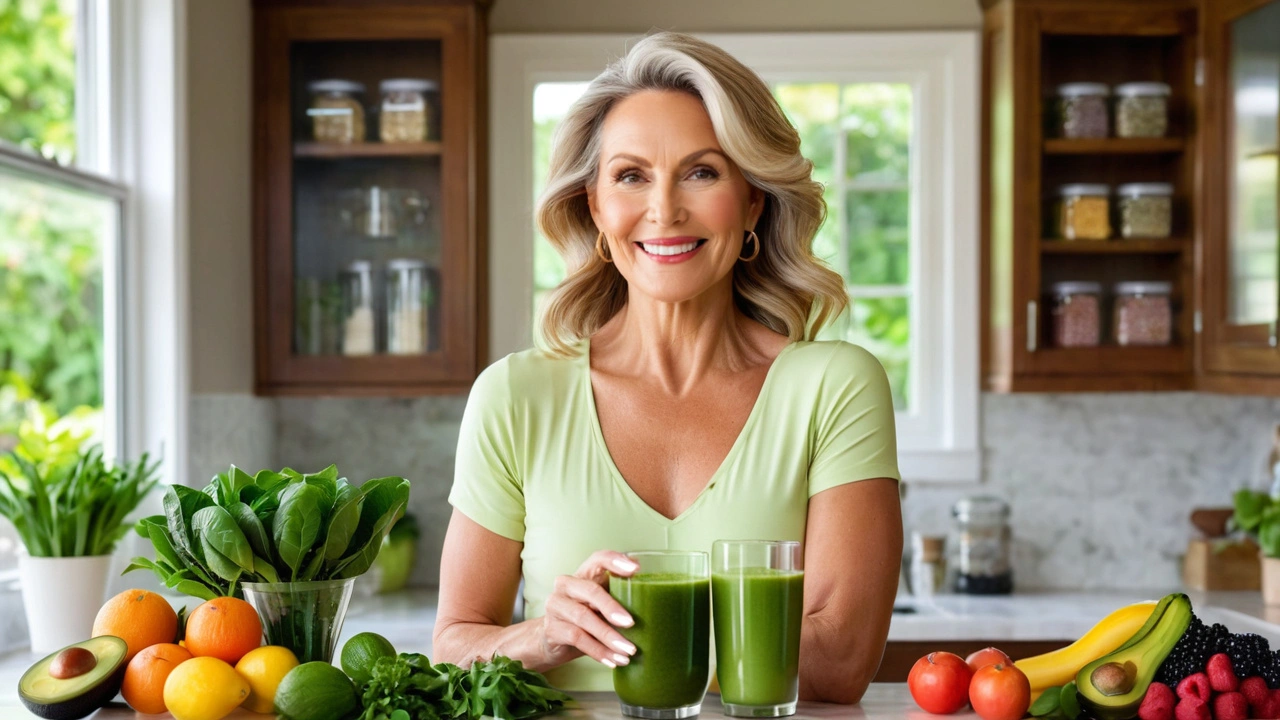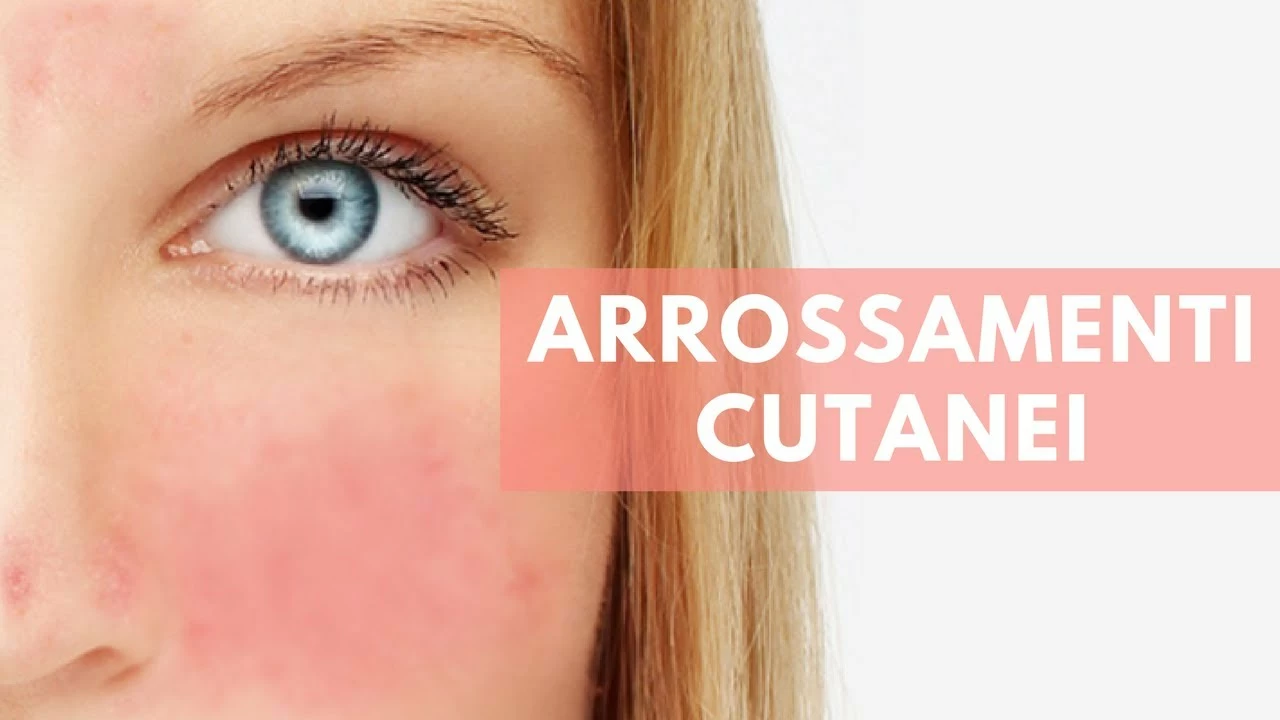Antioxidants: What They Do and How to Use Them
Antioxidants help neutralize free radicals—reactive molecules that can damage cells over time. That matters because less oxidative damage usually means healthier skin, better recovery after workouts, and more stable energy. You don't need fancy tests to start using antioxidants wisely; small daily choices add up.
Food Sources & Daily Tips
If you want the biggest bang for your buck, focus on whole foods. Berries (blueberries, strawberries), dark leafy greens (spinach, kale), nuts (walnuts, almonds), beans, and colorful vegetables (beetroot, carrots, bell peppers) are quick wins. Green tea and two squares of dark chocolate (70% cocoa or more) also pack antioxidants.
Simple habits work: add berries to breakfast, swap chips for a handful of nuts, and toss more spinach into smoothies. Avoid overcooking vegetables—steaming or quick sautés keep more nutrients. Pair iron-rich plant foods with vitamin C (citrus, bell peppers) to improve absorption and get extra antioxidant benefit at the same time.
Supplements, Safety & What to Watch For
Supplements can help if your diet is poor, but they aren’t magic. Good options to consider are vitamin C, vitamin E (mixed tocopherols/tocotrienols), and plant-based mixes that include polyphenols from green tea or grape seed. Look for third-party testing (USP, NSF) and avoid megadoses unless a clinician recommends them.
Be careful with interactions: high-dose vitamin E can affect blood thinners, and some antioxidants may interfere with certain cancer treatments. If you take prescription meds—especially blood thinners, chemotherapy, or immune-suppressing drugs—check with your doctor before starting supplements.
Timing matters less than consistency, but taking water-soluble antioxidants (like vitamin C) with food reduces stomach upset. Fat-soluble ones (vitamin E, carotenoids) work best when taken with a meal containing fat.
Antioxidants work best when paired with other healthy habits. Sleep, regular exercise, quitting smoking, and cutting excess sugar and processed foods reduce oxidative stress more than any pill can. Use supplements to fill gaps, not replace good hygiene, diet, or medical care.
How will you know it's helping? Look for small, practical signs: easier recovery after workouts, fewer flare-ups of skin irritation, or steadier energy during the day. For specific concerns—like skin aging or chronic inflammation—talk to a clinician who can recommend tests or treatment options tailored to you.
Want quick starter choices? Add a mixed-berry bowl twice a week, sip green tea daily, and keep a small jar of mixed nuts handy. If you prefer supplements, choose a trusted multivitamin with modest doses of C and E, and avoid single-nutrient mega-doses unless advised by a professional.
Antioxidants are a useful tool, not a cure-all. Use real food as your base, add smart supplements only when needed, and always check for interactions with medicines. Small, consistent changes beat dramatic one-time fixes every time.
Unlocking the Power of Glutathione: A Comprehensive Health Guide
Discover the benefits of glutathione, a powerful antioxidant that can improve overall health and detoxify the body. This guide explores how glutathione works, its sources, its role in fighting aging, and tips on boosting your body's levels naturally and through supplements. Learn why maintaining adequate levels of this 'master' antioxidant could be important for longevity and well-being.
The Role of Antioxidants in Reducing Eye Redness and Irritation
In my latest blog post, I delved into the important role antioxidants play in reducing eye redness and irritation. I discovered that these powerful substances combat free radicals and inflammation, which are often the culprits behind our eye issues. Including antioxidant-rich foods in our diet, like leafy greens and colorful fruits, can significantly improve overall eye health. I also found that eye drops containing antioxidants can provide instant relief for red and irritated eyes. It's amazing how a simple change in our diet and lifestyle can make such a huge impact on our eye health.







